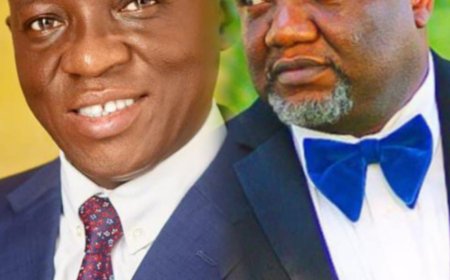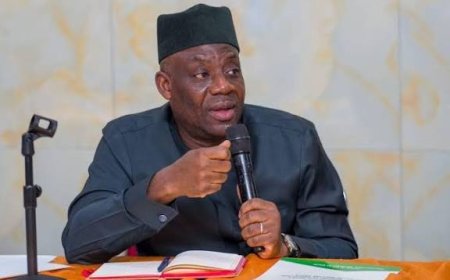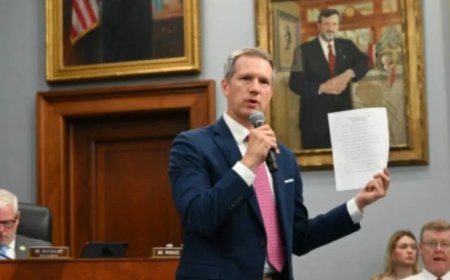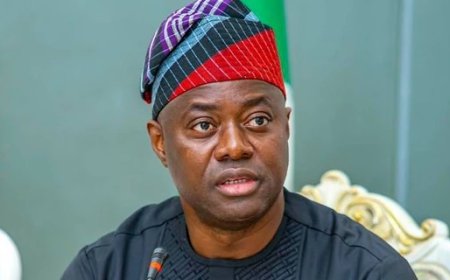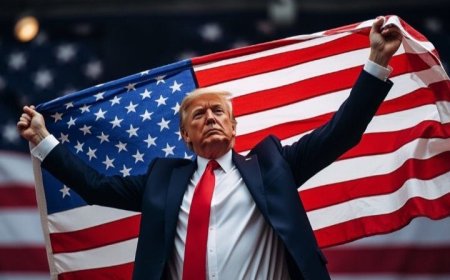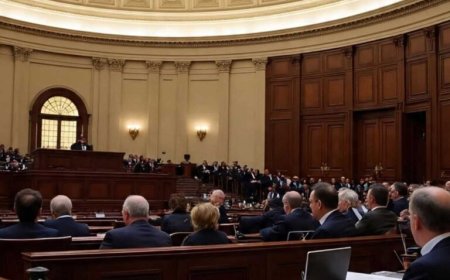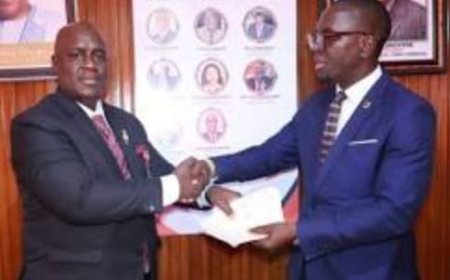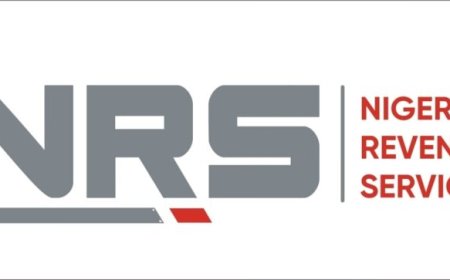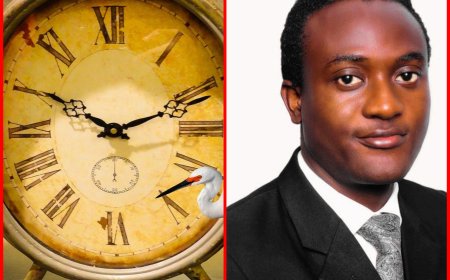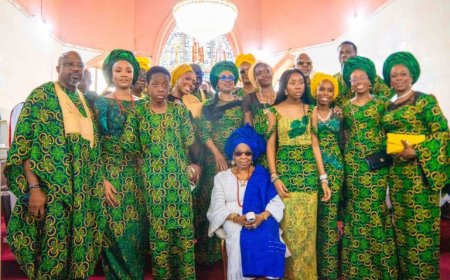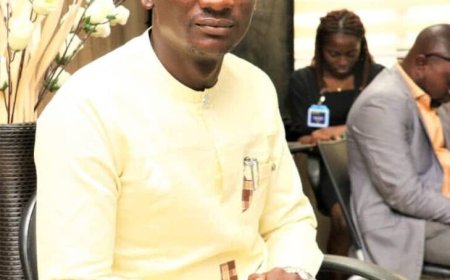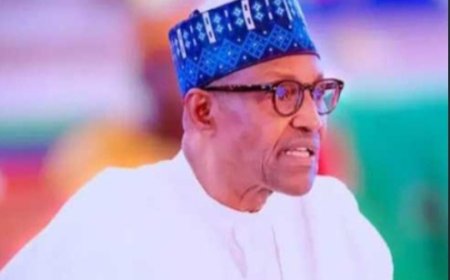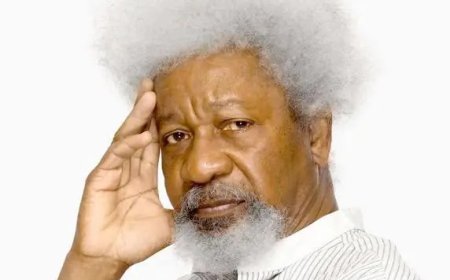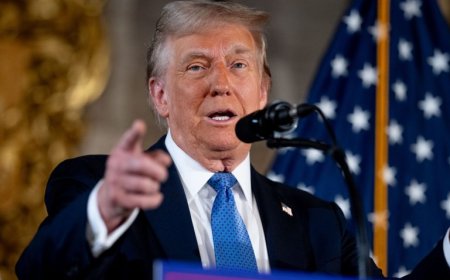Nigeria Orders Forensic Audit of NNPC As Finance Minister Outlines Sectoral Reforms
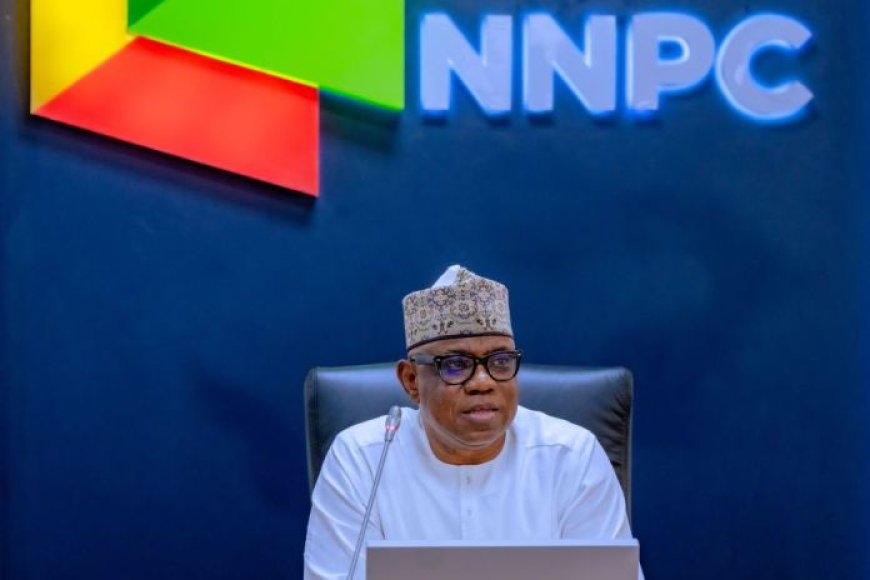
By: Olufemi Orunsola
Nigeria's Minister of Finance and Coordinating Minister of the Economy, Wale Edun, has announced a forensic audit of the Nigerian National Petroleum Company (NNPC) Limited, as part of renewed commitment of the government to transparency and accountability in Africa’s largest oil producer.
The Minister while speaking at the Nigerian Investor Forum on the sidelines of the IMF and World Bank Spring Meetings in Washington DC, told global investors—including representatives from J.P. Morgan and other financial institutions—that the audit aims to clarify NNPC’s historical financial operations and strengthen confidence in Nigeria’s economic reset.
Edun revealed that, "There’s a forensic audit of NNPC underway so that we can really understand what has happened in the past."
“We’re also undertaking a reconciliation of the arrears NNPC claims, particularly in relation to the fuel subsidy period.”
The forensic audit follows a series of allegations and financial discrepancies linked to the NNPC’s previous operations under former GCEO Mele Kyari.
The move also underscores the Tinubu administration’s wider reforms to improve fiscal discipline and attract capital into Nigeria’s oil and gas sector.
It would be recalled that the NNPC has over the years, faced sustained criticism over opaque transactions, unremitted taxes, and controversial oil-backed loans.
The Nigeria Extractive Industries Transparency Initiative (NEITI) reported in 2023 that the company failed to remit $2 billion in taxes before its conversion into a limited liability entity. The NNPC denied the claims.
In December 2024, federal auditors began probing a ₦2.7 trillion subsidy refund claim made by NNPC. The following month, the Auditor-General’s Office flagged several financial irregularities in its report, raising pressure for a structural overhaul.
President Bola Tinubu, who campaigned on reform and energy sector revitalisation, responded with sweeping leadership changes on April 2. He appointed Bayo Ojulari as GCEO, replacing Mele Kyari, and named Ahmadu Musa Kida as non-executive chairman of the board.
What's Your Reaction?










